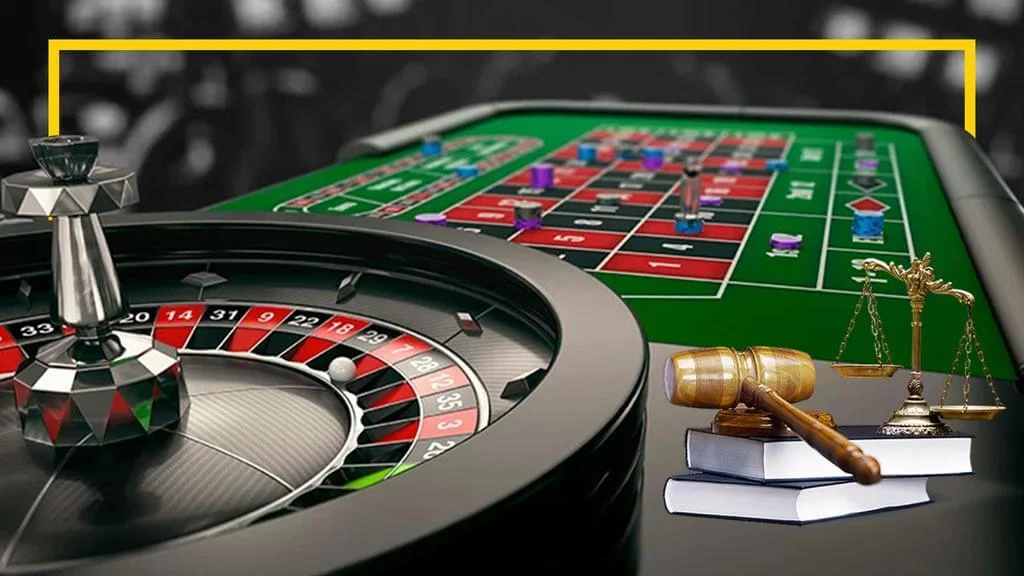A ban on the gambling industry would have huge economic and social implications. For example, half of the Premier League clubs are sponsored by online casinos, and the majority of Championship sides have online casino partners. A ban would mean an annual loss of PS110 million for those clubs, and the government is increasingly concerned about gambling addiction. However, despite the economic and social benefits, a ban on the gambling industry is unlikely to stop people from enjoying the benefits of gambling.
The Government is aware that it will hit football hard if it imposes a ban on shirt sponsorship deals. It is pursuing radical gambling reforms and has not been able to do so without considering the relationship with the Premier League. The timing of the ban is crucial – it will mean a PS110 million hit for Premier League accounts every year. In fact, the English Football League’s leadership wrote to DCMS last autumn to warn of the potential impact if a ban on gambling shirt sponsorships is introduced.
In an effort to curb gambling advertising, the Belgian government has drafted a bill that would prevent the industry from advertising on television, radio, social media, and street posters. The ban will also limit gambling brands to advertising on their own property. However, this does not stop sports clubs and sports leagues from signing sponsorship agreements with betting brands. These contracts will restrict gambling branding to their kits and venues. Regardless of the outcome of the bill, it is a welcome step in the right direction for Belgian society.
Despite the opposition from the gambling industry, this new ban is likely to help reduce the amount of harm caused by gambling and prevent children from becoming addicted to it. But this ban could only be effective in the long term. Until then, it remains unclear if online gambling in Armenia will be legal in the country. There are many factors that could prevent the gambling industry from returning to its former glory, but the main reason is that the government wants to keep its gambling industry open.
Although the gambling industry has spent money attempting to stop a Tasmanian ban, it has a strong presence in South Australia as well. Its leader, Nick Xenophon, is spearheading a new party, SA Best, which has plans to crackdown on pokies. This is likely to lead to a ban on pokies, with the state government’s revenue being wiped out. While the gambling lobby has invested heavily in the SA election, it has been unable to prevent Xenophon from becoming the premier of a state.
The ban on gambling has affected Latvian businesses, but many have already started their operations again. Currently, 25 states have opened gaming venues, with others planning to open in the coming weeks. However, the industry will still need months to recover from the COVID-19 ban, and most governments are in desperate need of fresh funds. As a result, they will look to gambling taxation to make up the difference. There is no reason why Latvia cannot have gambling again.






